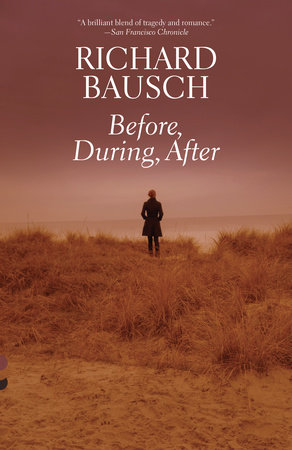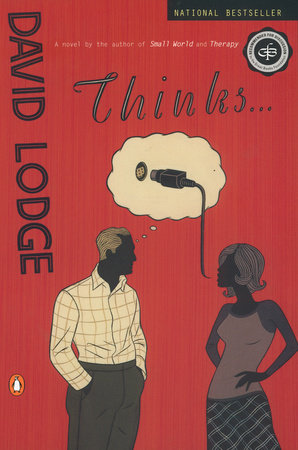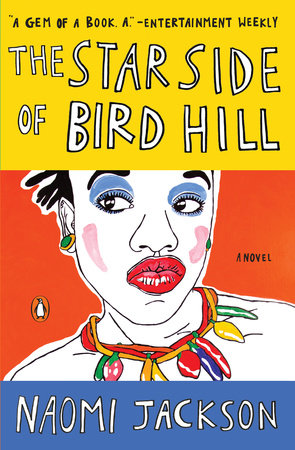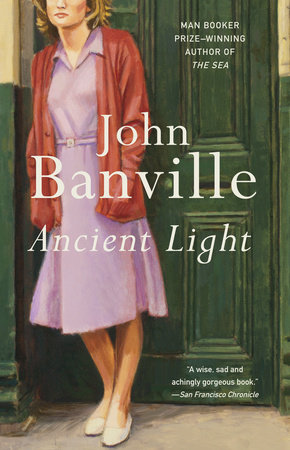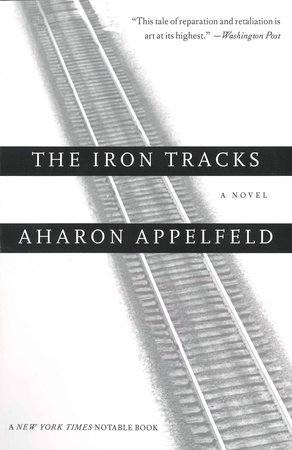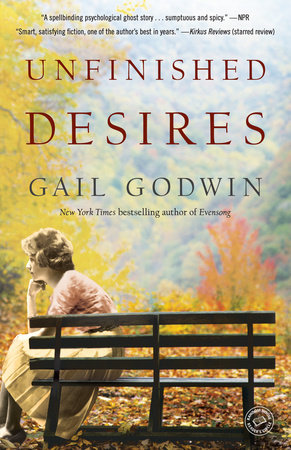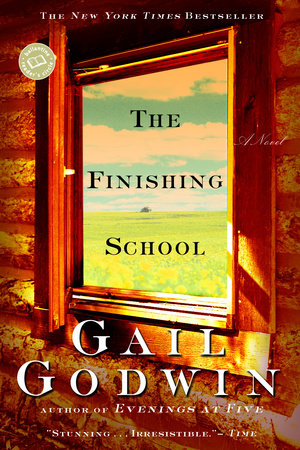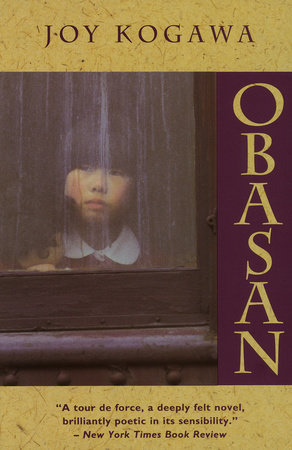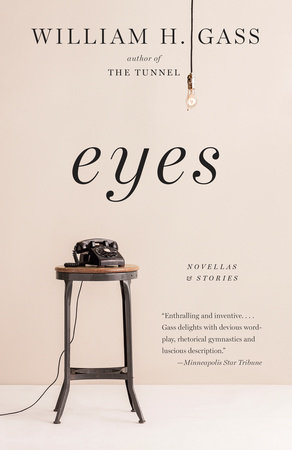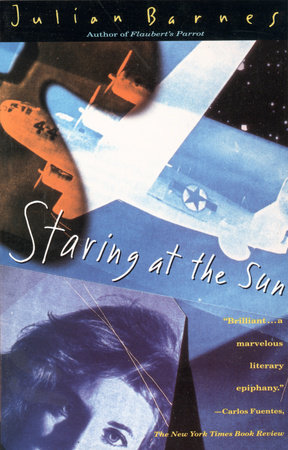Q: The title of the book—BEFORE, DURING, AFTER—refers to the stages of a love affair that unfolds in the months leading up to September 11, 2001, and is rocked as the nation is rocked by tragedy. Why did you choose to set the personal, intimate story of romance—with ups and downs, surprises both good and bad—against a national tragedy?
A: I have always said that in most of the world’s good fiction the history is backdrop. The Napoleonic war for Tolstoy, for instance, with War And Peace; and, say, World War One for Hemingway, with A Farewell To Arms. Both of those books can be called romances. But this story occurred to me first from the personal history of a neighbor I knew thirty-four years ago in Virginia, whose marriage did not survive a trauma very much like that of Natasha in my book. I wanted to write about that catastrophe, and ended up wanting to make a successful love story, even with the troubles that arise; a portrait of a passionate love threatened by internal failings stemming from the larger circumstances. But that is what all fiction is ultimately doing. I thought about each generation’s catastrophic event, where everyone remembers where they were at the moment it happened—Roosevelt’s death and Pearl Harbor for my parents; Kennedy’s and King’s deaths for me; The Challenger for so many, and now 9-11. But of course beyond the shared catastrophic event, each of us has anyway, our own personal catastrophes to live with or make some kind of truce with, and that is the province of fiction. In some ways, it’s fiction’s main purpose—to make personal what we tend to see as abstract. But beyond all this, and more important than any of it, is that I wanted to tell a good story.
Q: How do your stories come to you? Do you develop characters first, or do you begin with the plot?
A: The two are too closely allied to distinguish between them, really. Sometimes it’s a line, sometimes it’s a speculation, a what if, and sometimes it’s a combination of both. Sometimes it starts with a character, but the character is always dealing with some kind of trouble, which of course is plot.
Q: September 11 not only changed our nation, but in the aftermath we’ve seen an outpouring of literature around that moment. What has your book has added to the conversation in literature about that day? (Or—is there something you hope readers will be compelled to discuss about that day and it’s long-lasting effects after reading your book?)
A: I wouldn’t presume to guess at that. I believe there was a certain nihilism that accompanied the outpouring of extreme religion that followed upon it. We all have our ways of dealing with these irremediable things; we all serve some idea of hope, and redemption, but it seemed to me that everything was darker for a time, though people went on as themselves.
Q: At the center of this novel is a secret—it is so pervasive that it almost becomes a character itself. What drew you to tell a story that is moved forward, in many ways, by the unspoken, by silence?
A: The long ago instance did not involve secrets, so I can’t really say why it becomes so important in this novel, except to say that by the time I had been working on it for a couple of years, the psychology of what Natasha has been though, and my inhabiting of her as a character, dictated the rest of it. And we know that in most instances, people who suffer her trauma never report it.
Q: You’re a celebrated short story writer as well as a beloved novelist. How is the process different with crafting short stories, as opposed to novels? Do you prefer one to the other, or do they ebb and flow as your work creatively in the different forms? Do your short stories ever spiral into novels?
A: It is all expression to me, long or short. Several of my novels began as what I thought would be short stories; once I had a short story, “All The Way In Flagstaff, Arizona,” that started as a novel. I thank God every day that that has only happened to me once, and it was very early in my writing life, so I think I can chalk it up to inexperience. There are always five or ten unfinished projects lying around, and some of them have been for years. Eventually, I’d like to write all of them. I hope I’ll get to them, and there are always new ones coming up.
Q: The story is initially set in the political arena of Washington, DC, then moves to a calmer environment in Memphis, TN—with moments in NYC and Jamaica as the tragedy of September 11 unfolds. Do you have connections to these places?
A: I lived in Memphis for seven years. NYC is my favorite city in all the world. Never been to Jamaica, but would like to visit. I just needed them to be far apart and out of reach when it all came down, as of course many people were.
Q: This is your 20th book, and we hope there’s no stopping now! What are you working on next?
A: I’m almost finished with a new book of stories called Living in the Weather of The World. I’m aiming to have it ready, with pages of a new novel I’m not talking about, by mid-August.
